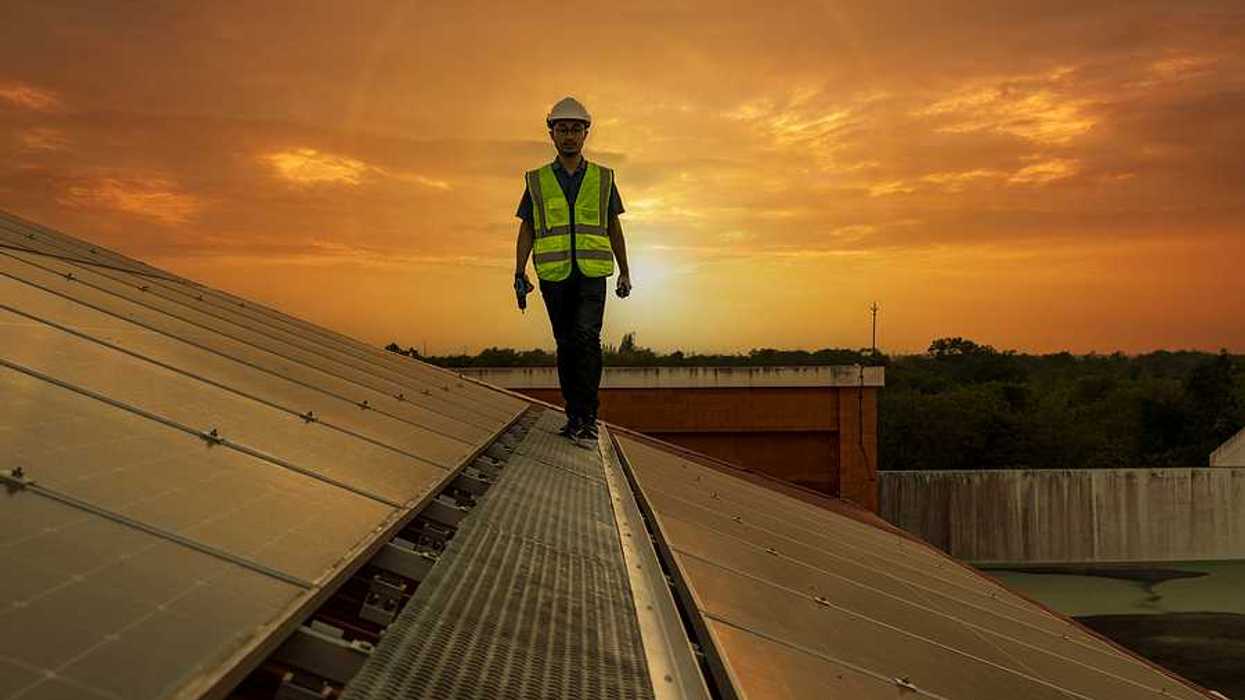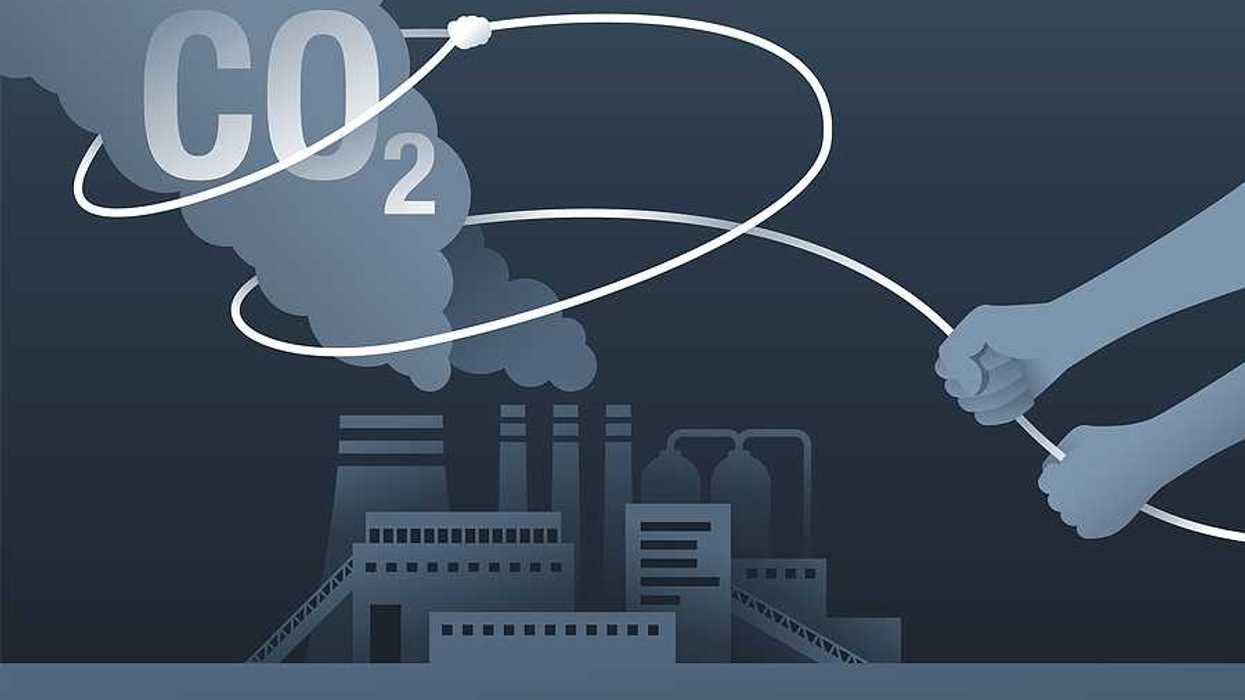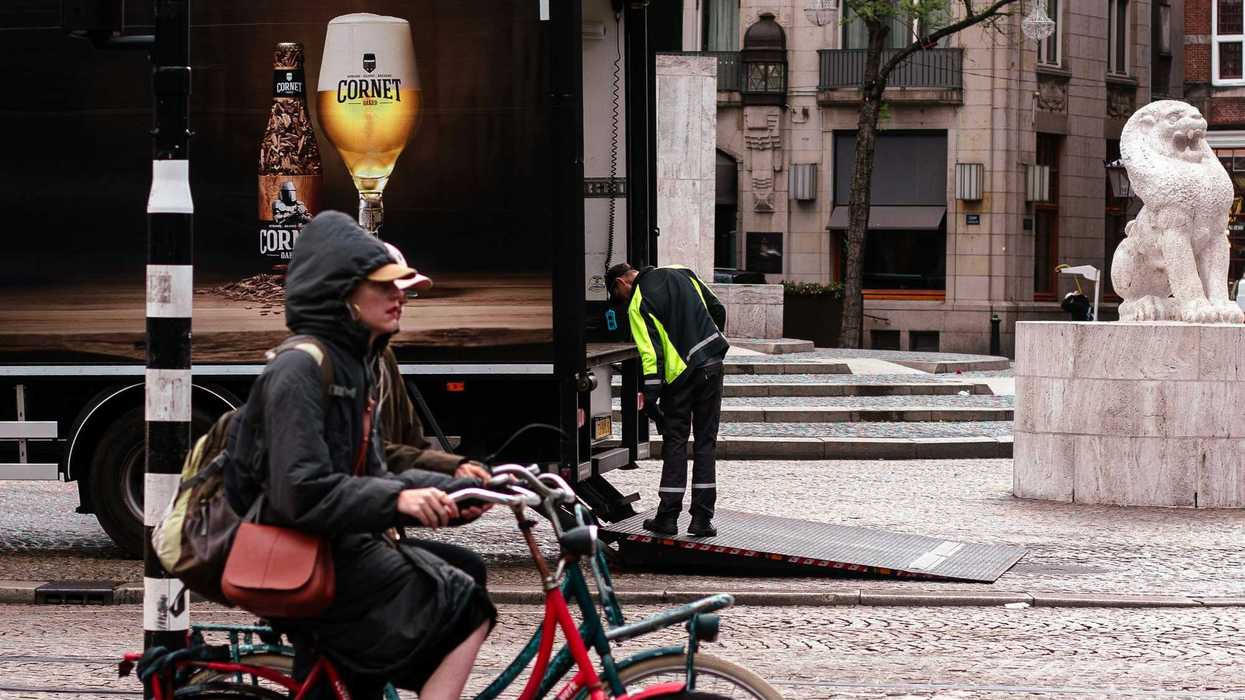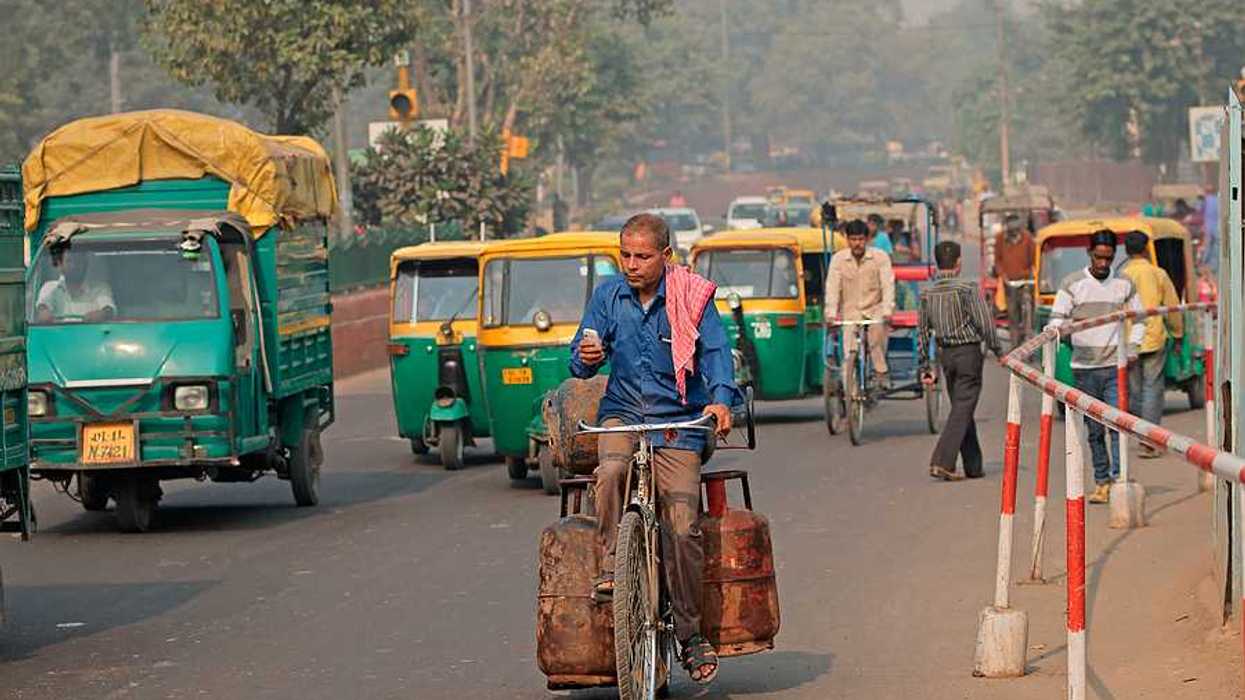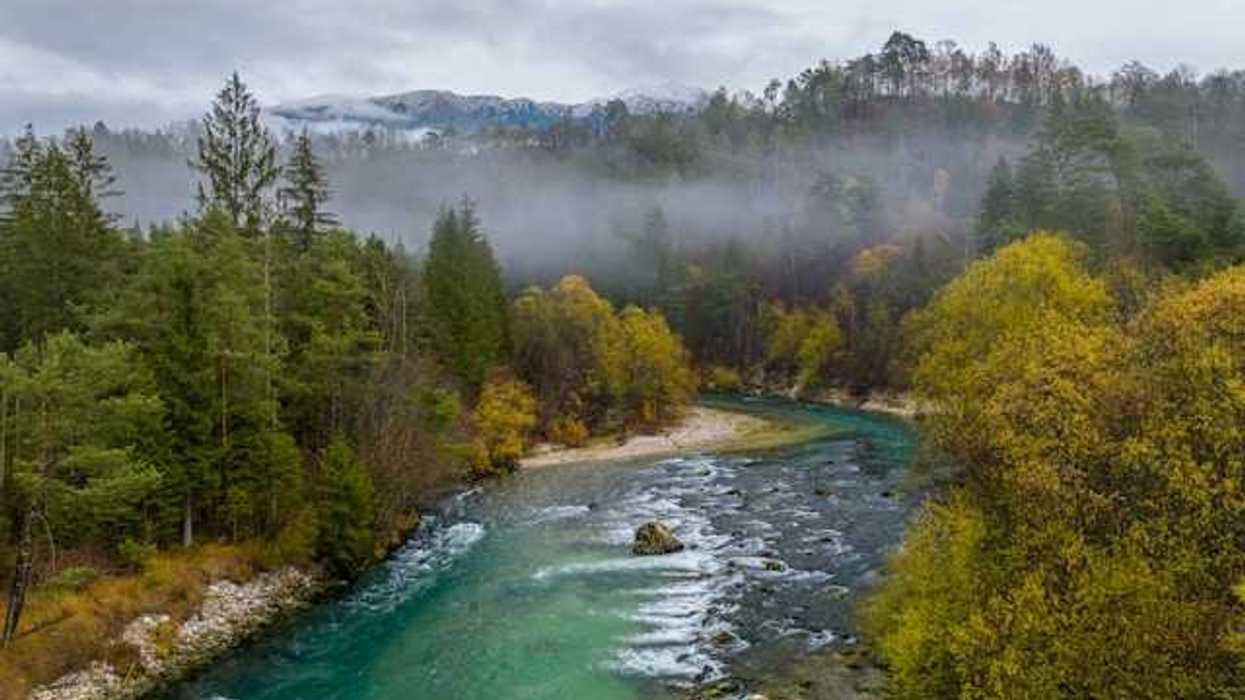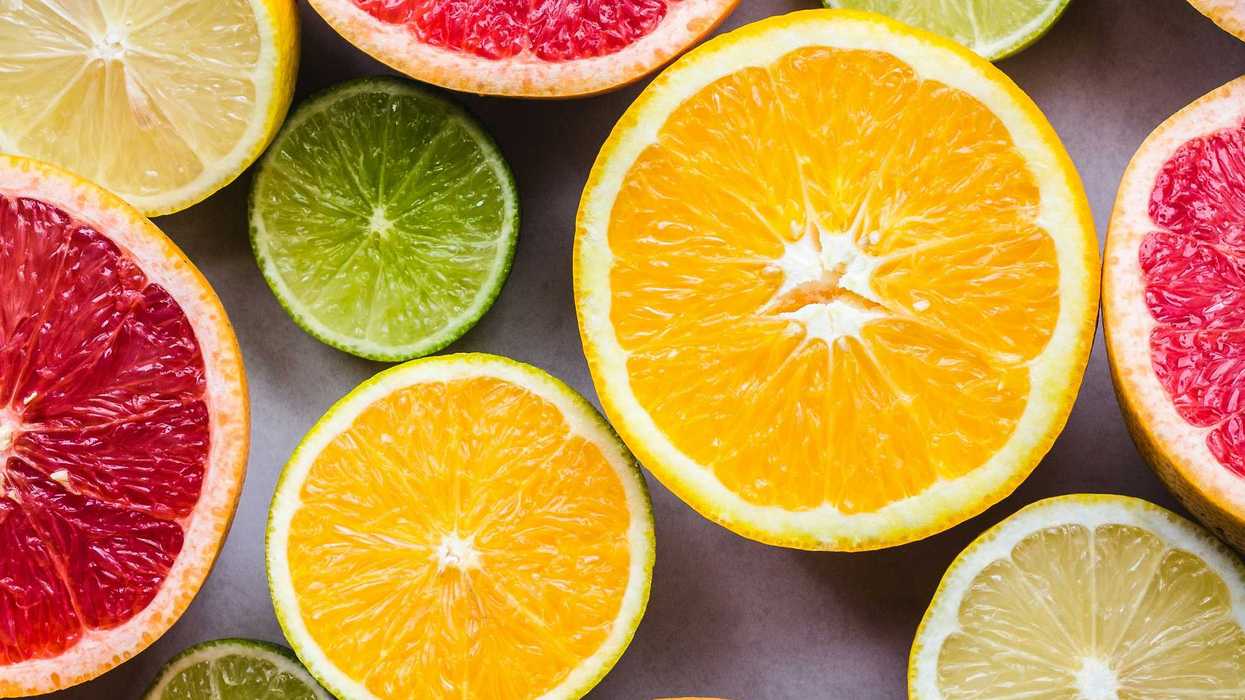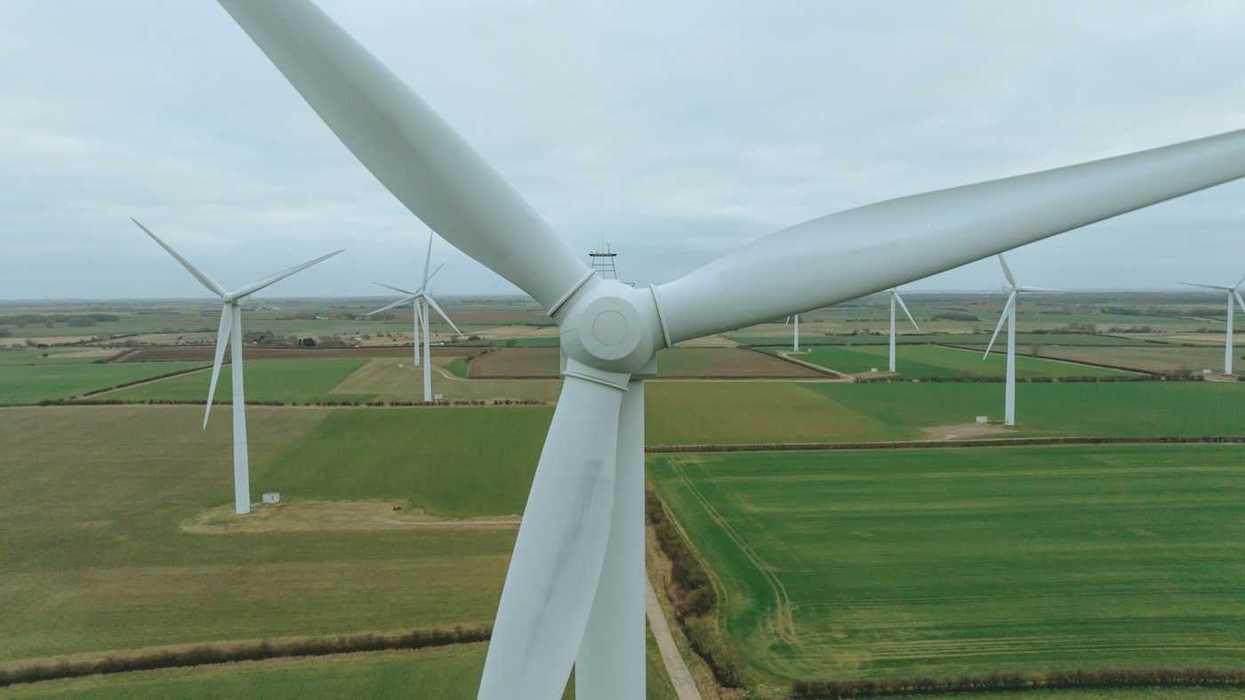Mongolia's nomadic herders face unprecedented losses as extreme winter conditions kill more than 2 million animals, highlighting the increasing threat of climate change.
Zaya Delgerjargal reports for Yale E360.
In short:
- A phenomenon known as "dzud" brings lethal winters to Mongolia, killing millions of livestock essential for the nomadic lifestyle.
- The frequency of dzuds has increased, with six occurrences in the last decade, a change scientists link to climate change.
- The severe winters are causing significant economic hardship for herders, pushing thousands into poverty.
Key quote:
“It used to get warm right after the new year. Nowadays, it is getting even colder after Tsagaan Sar.”
— Tserenbadam G., a nomad in her 70s
Why this matters:
Traditionally, herding and farming communities across the globe have relied on predictable seasonal patterns to plan grazing, planting, and harvesting. However, the increasing unpredictability of winter weather, including more extreme weather events, is upending these practices.
Since 1960 about 21% of global agriculture production, including livestock, tree farming, and traditional crops such as corn and soybeans, has been negatively impacted by climate change, according to a 2021 study.


